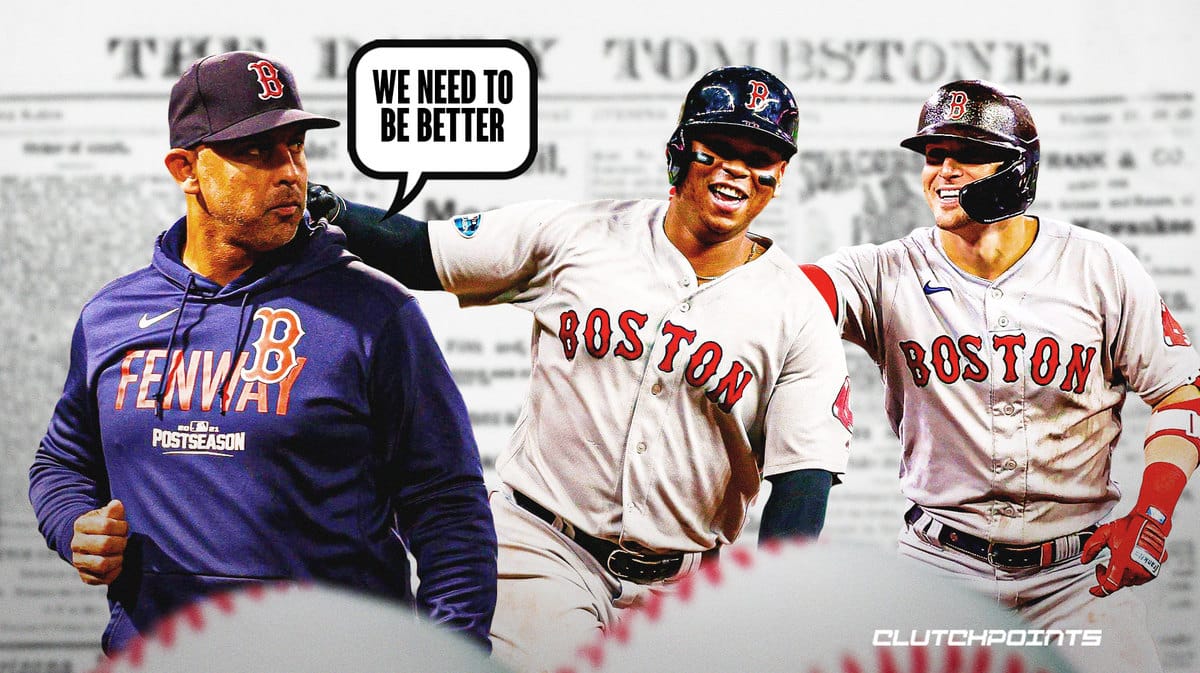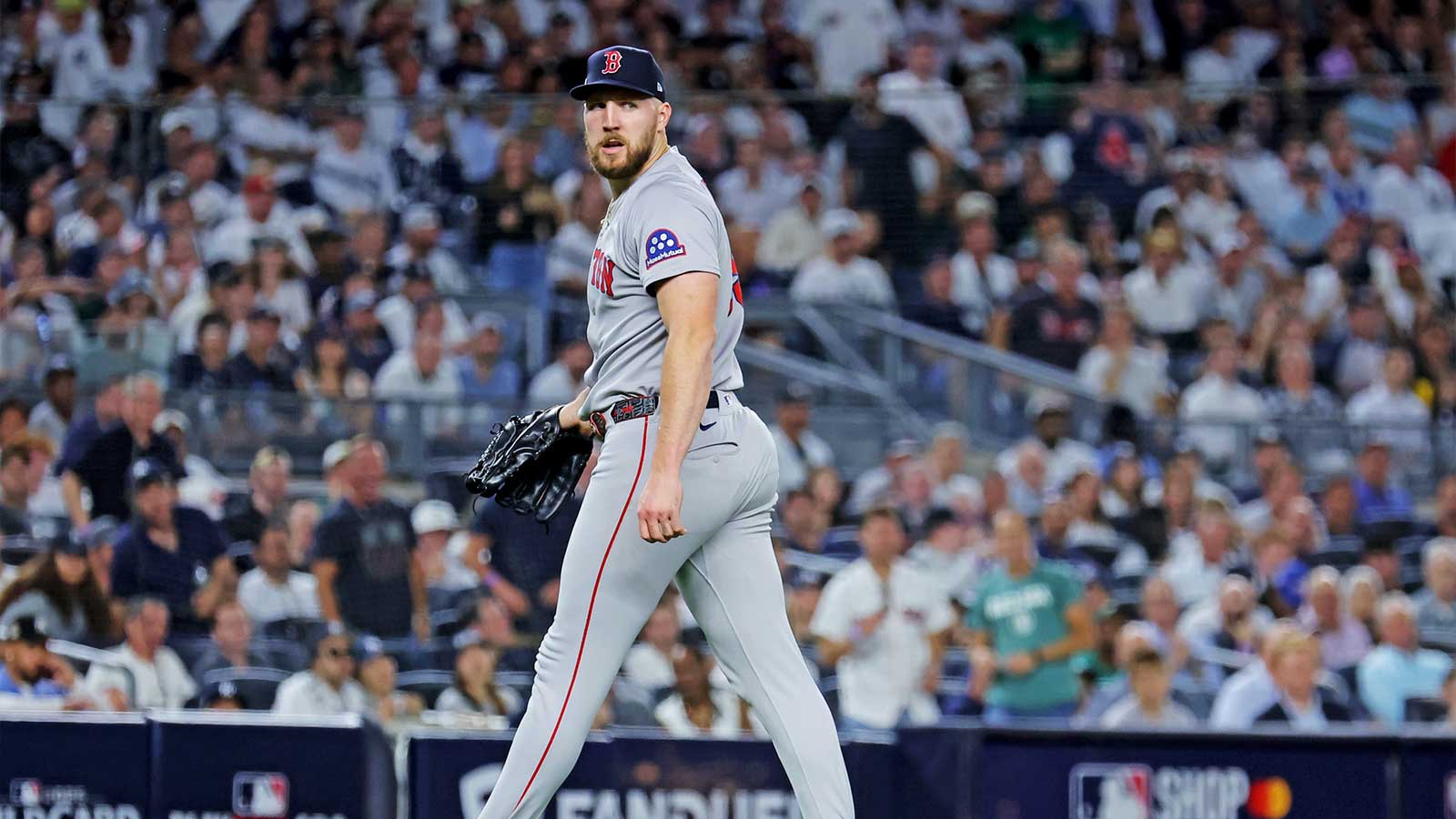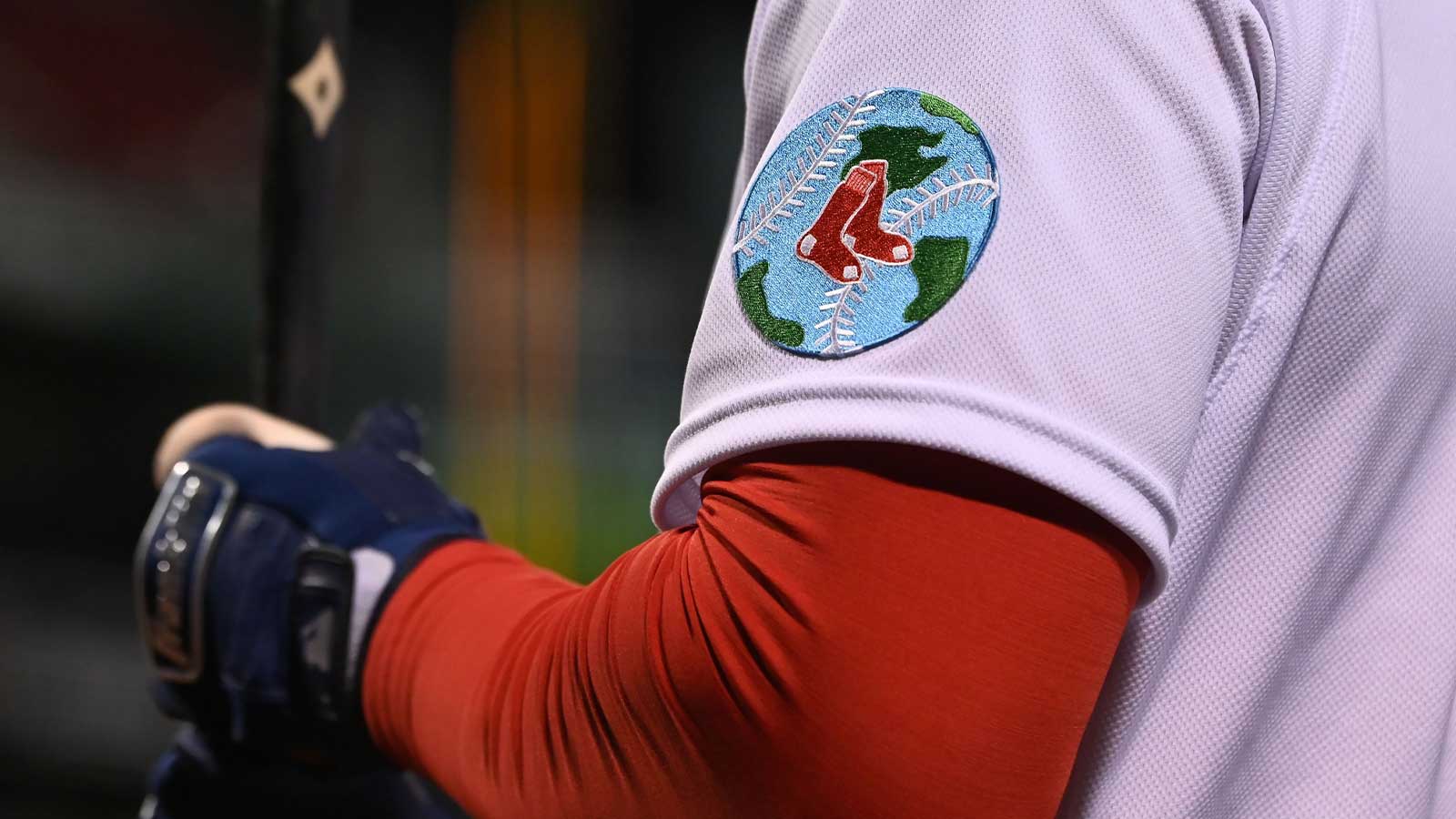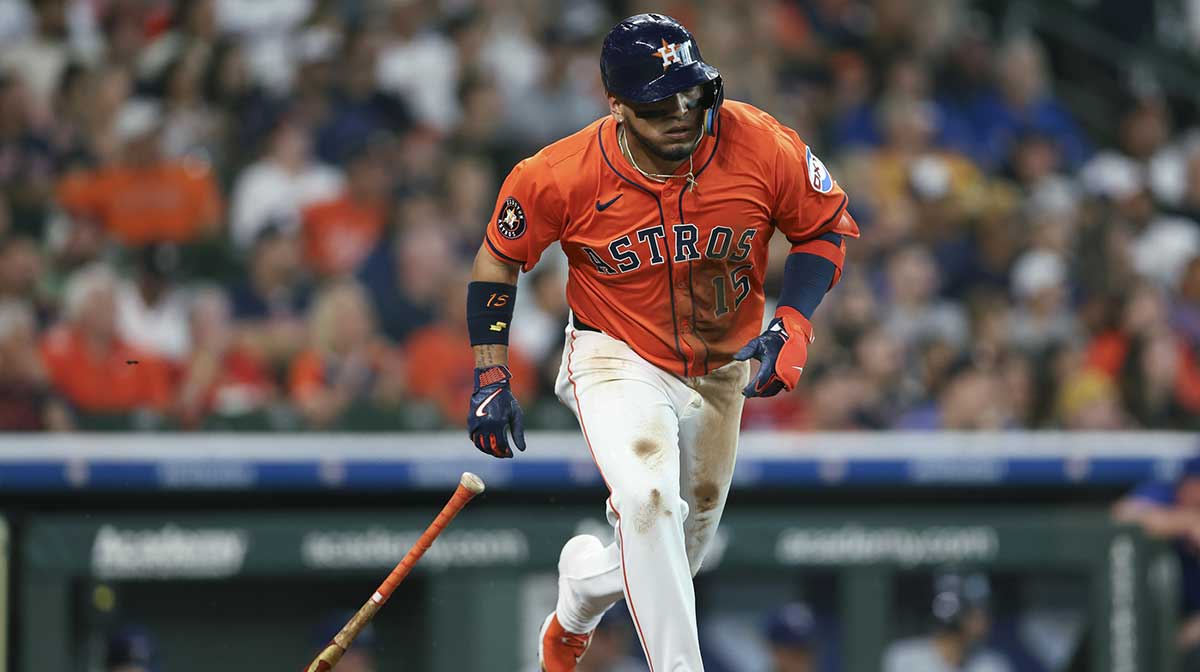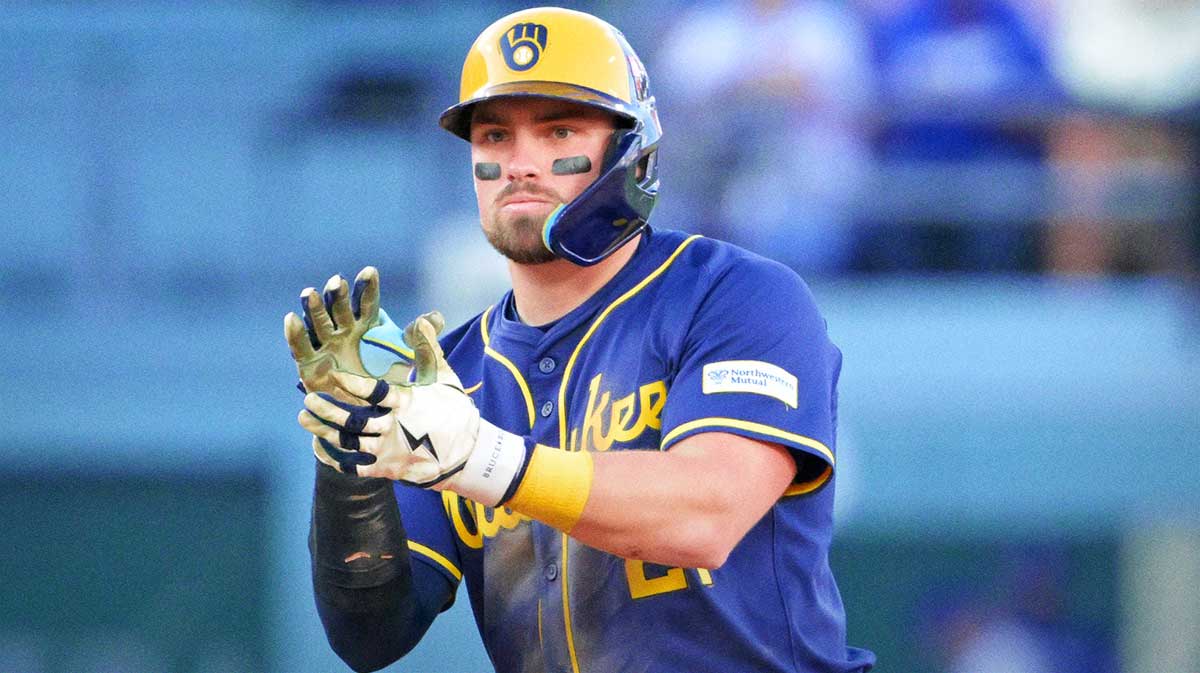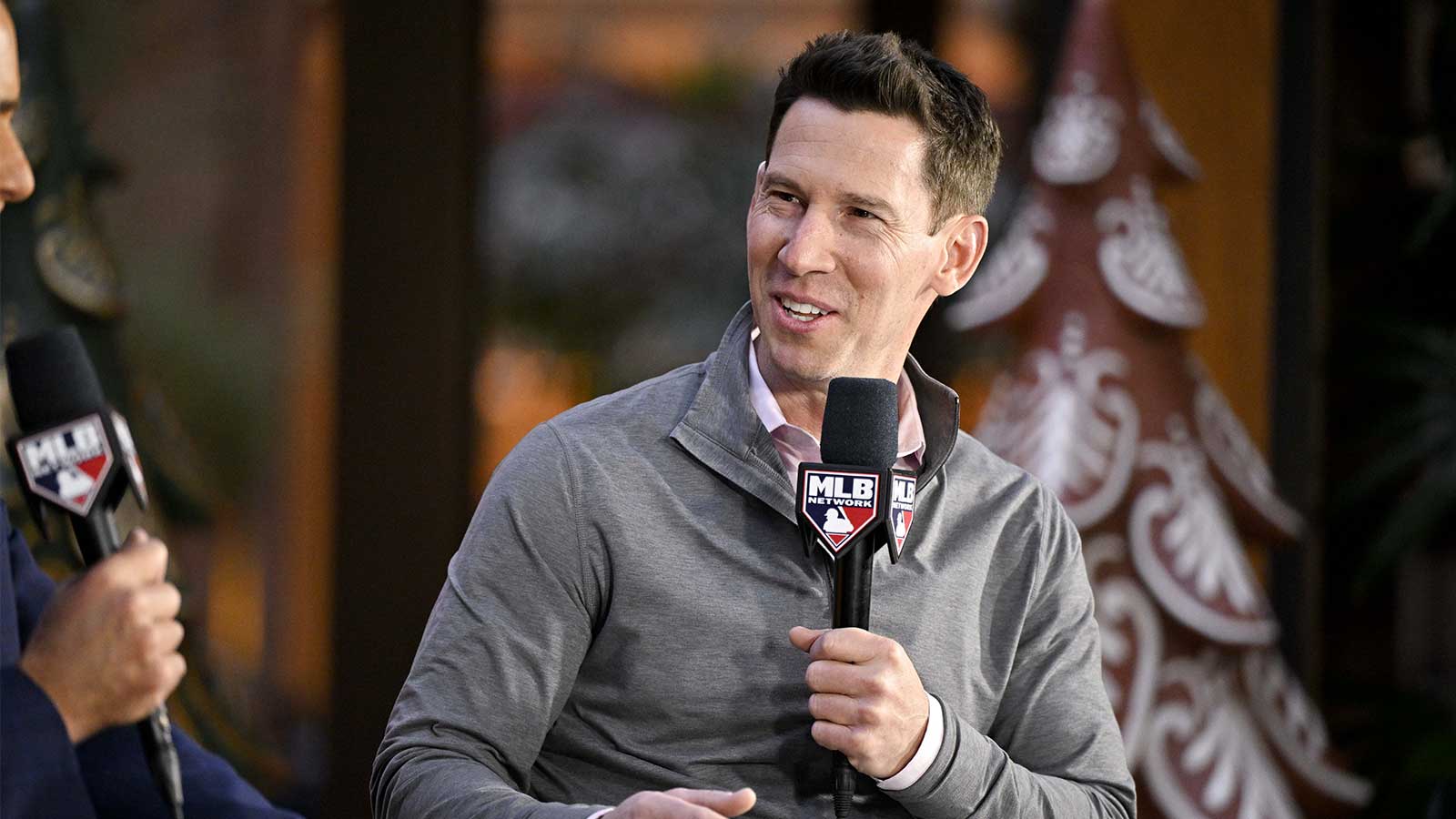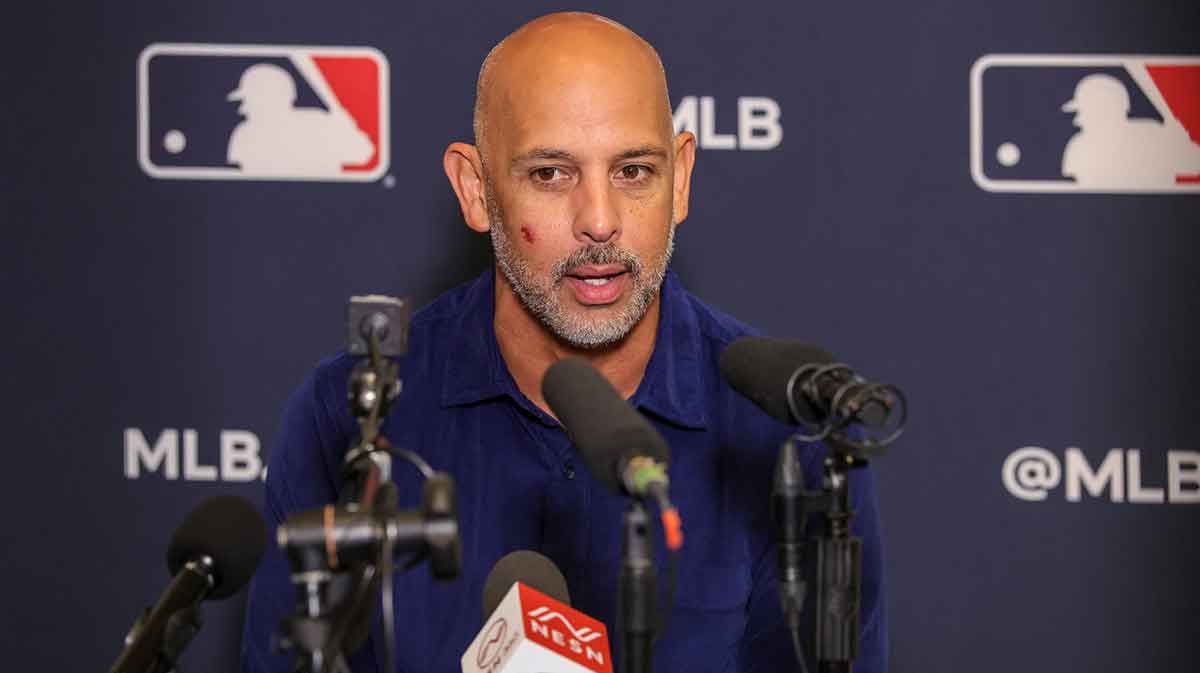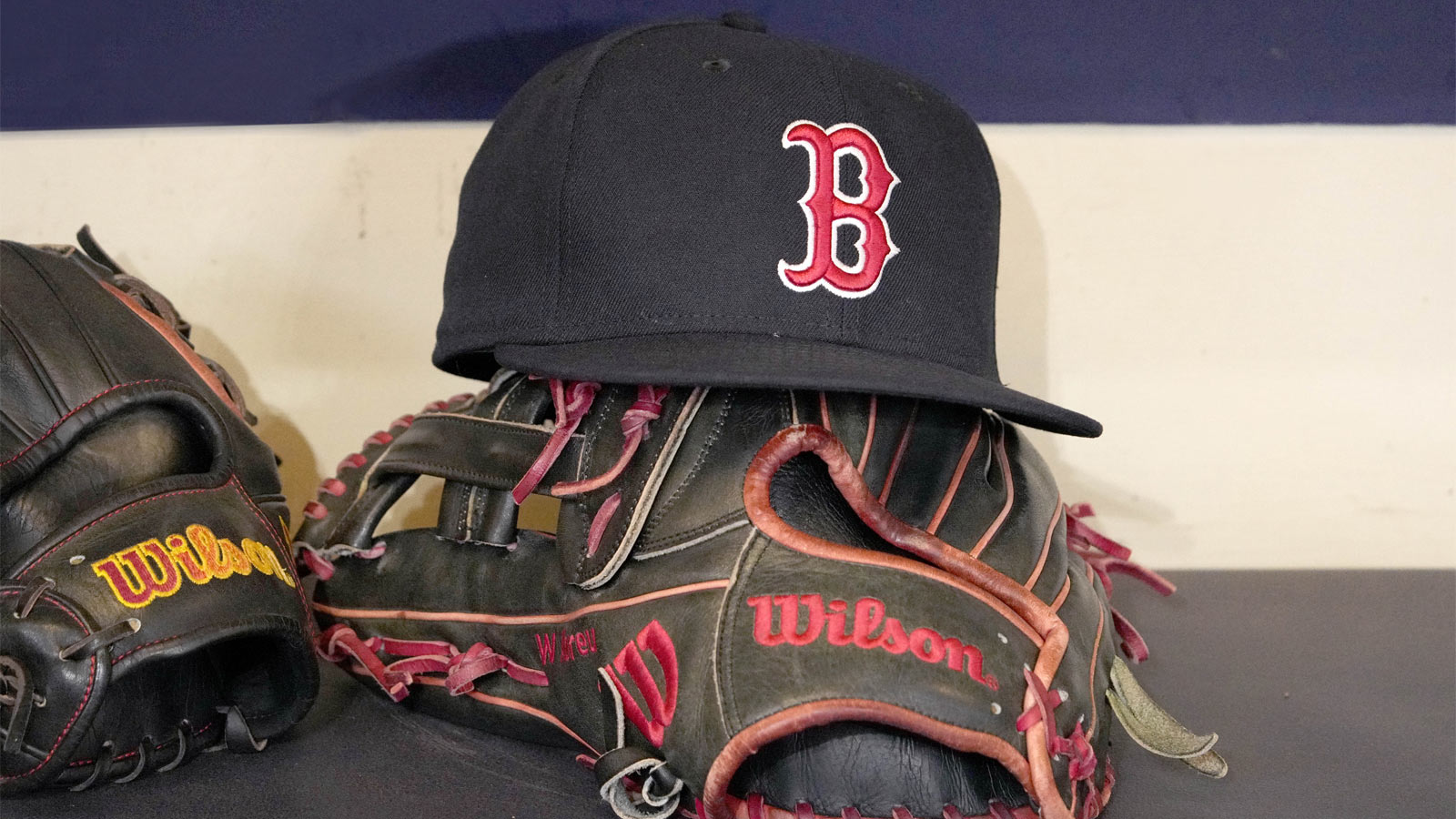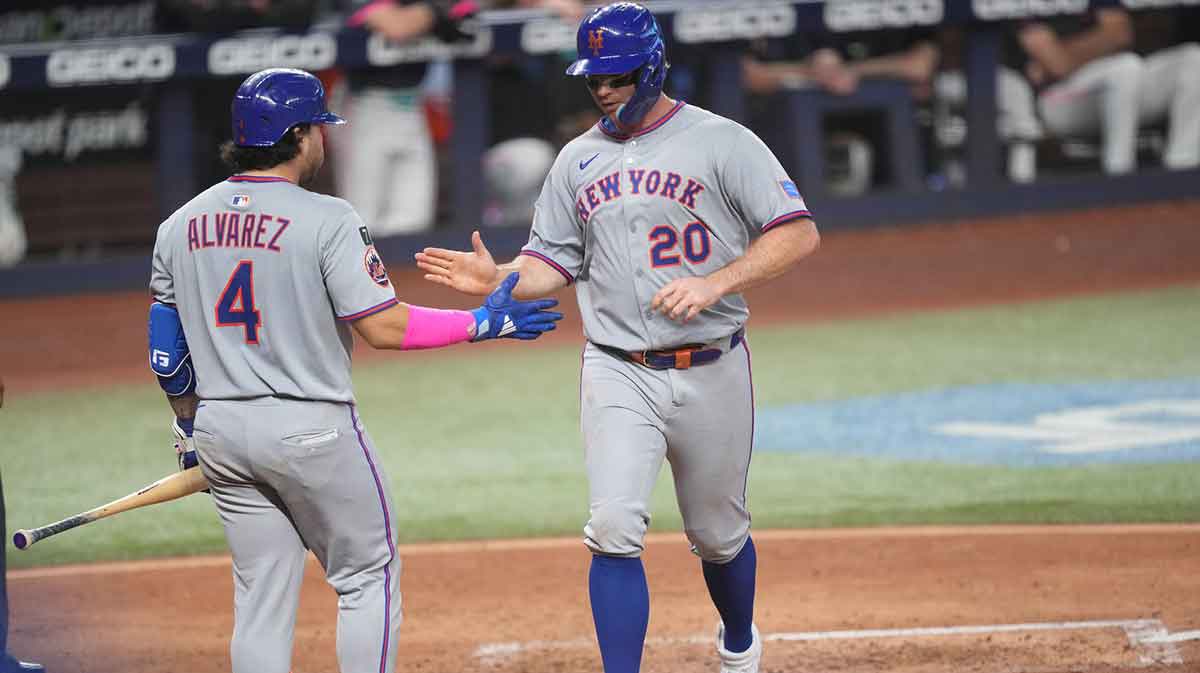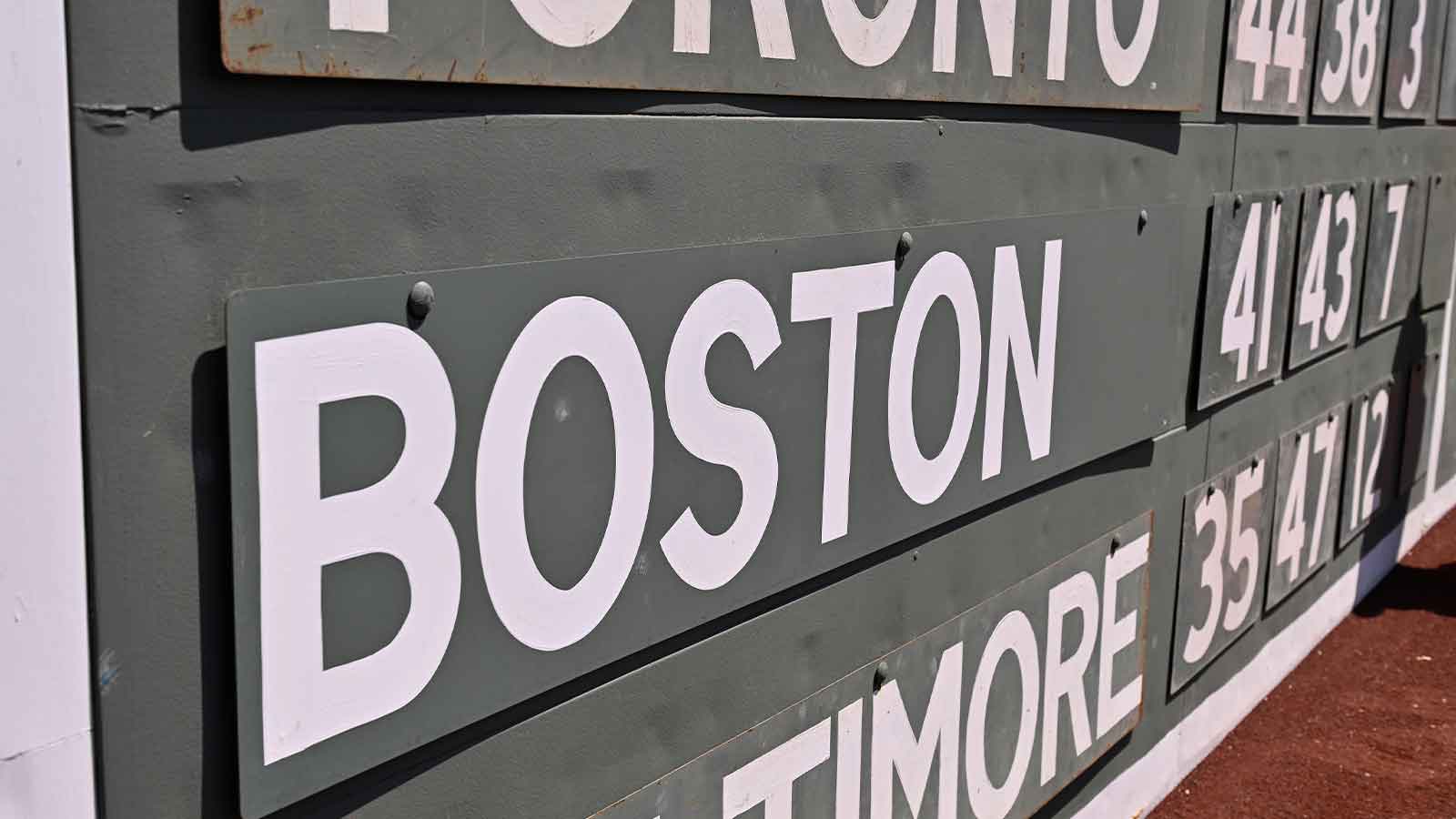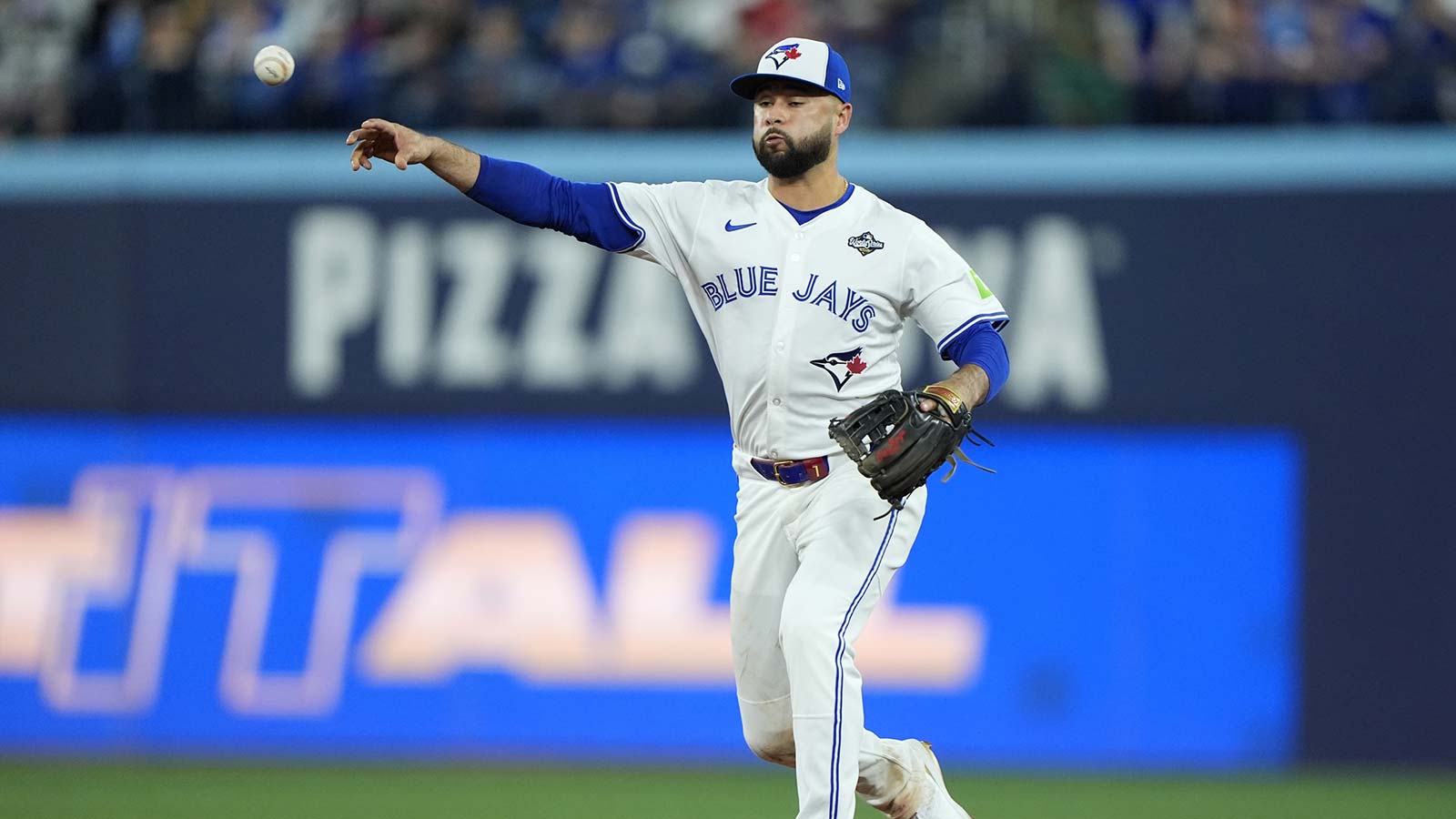Through 62 games on the season, the Boston Red Sox have found themselves with a .500 record at 31-31, which is likely where many folks would expect them to be. If they didn't play in the American League East, maybe they could be a fringe playoff team, but it's looking like their hot stretch in early-to-mid May was simply a flash in the plan.
The Sox overcame some of their more notable deficiencies to look like a potential wild card threat earlier in the season, but what goes up must come down. Boston's lineup has cooled off considerably, and their pitching staff, which has had its moments, hasn't been nearly consistent enough to pick up the slack.
However, the team's biggest problem might actually be an area of the game many folks tend to overlook; their fielding. The Sox are once again one of the worst fielding teams in the entire league, but this time it's worse. Boston's inability to play defense is beginning to cost them wins, and it's something that is going to take a collective effort to change if they want it to stop becoming a talking point.
The Red Sox cannot continue to field like they have so far this season
For the most part, defense in the MLB isn't a massive topic of discussion, because if you have a chance to make a play in the field, there is an extremely high chance you will do so. Fielding percentages typically fall in the 99.5-98.5 percent range, showing that, if the ball comes your way, you are almost always going to make the right play.
In Boston, though, that guarantee doesn't really exist. Even the most simple plays with this team are made to look incredibly difficult, and it feels like only a matter of time until someone inevitably makes a mistake. Three such mistakes were made in the Sox latest loss to the Cleveland Guardians, which led to a big unearned run early in the game in a close 5-2 loss.
On the season, the Sox have a team fielding percentage of 98 percent. That seems good right? Wrong. That puts them as the second-worst fielding team in the entire league, with only the San Francisco Giants sitting miniscule percentage points behind them. The 43 errors Boston has made as a team are also the second-worst total in the league.
It's not as if this is one person outshining the rest of the team with his poor defensive play; this is a collective team-wide struggle. Eight players have already committed at least two errors this season, and again, we aren't even halfway through the season. This is painfully bad stuff we are seeing from Boston in the field.
Individually speaking, there are quite a few players who are contributing to this mess. Enrique Hernandez is easily the biggest culprit, as he's already committed a mind-boggling 13 errors on the season, most of any player in the majors. Hernandez's switch to shortstop with Trevor Story out was extremely short-sighted, and well, it's come back to bite the team pretty badly to this point.
Hernandez is the worst, but he isn't alone here. Rafael Devers and Emmanuel Valdez both committed their sixth errors of the season on Wednesday night, with Devers fielding woes continuing, and Valdez somehow racking up that total in just 31 games of action. Connor Wong has also somehow committed five errors behind the plate, and Triston Casas has added three errors at first base as well.
This was a problem the Sox were aware could pop up before the season even started, and once again, the front office failed to react. Boston was not built to be a World Series contender, but this is just another bad look for the front office. Everyone saw this issue on paper entering the season, but there's been virtually nothing done to combat it.
Fielding should never be something that pops up as a serious topic of discussion at this point in the season, but here we are. The Sox have been playing some of the worst defense seen in the majors all season long (e.g. Yandy Diaz's little-league home run), and it's becoming laughably bad. How does a play like that even happen in the MLB?
It's clear that Boston's fielding woes have been a cause for concern for a while now, but it's literally costing them games now. How long will this have to go on before sweeping changes are made? The Sox have been playing with fire in the field for quite some time now, but at some point, things need to change, and that point is quickly approaching in Boston.

